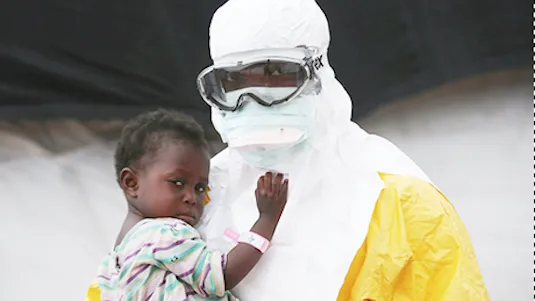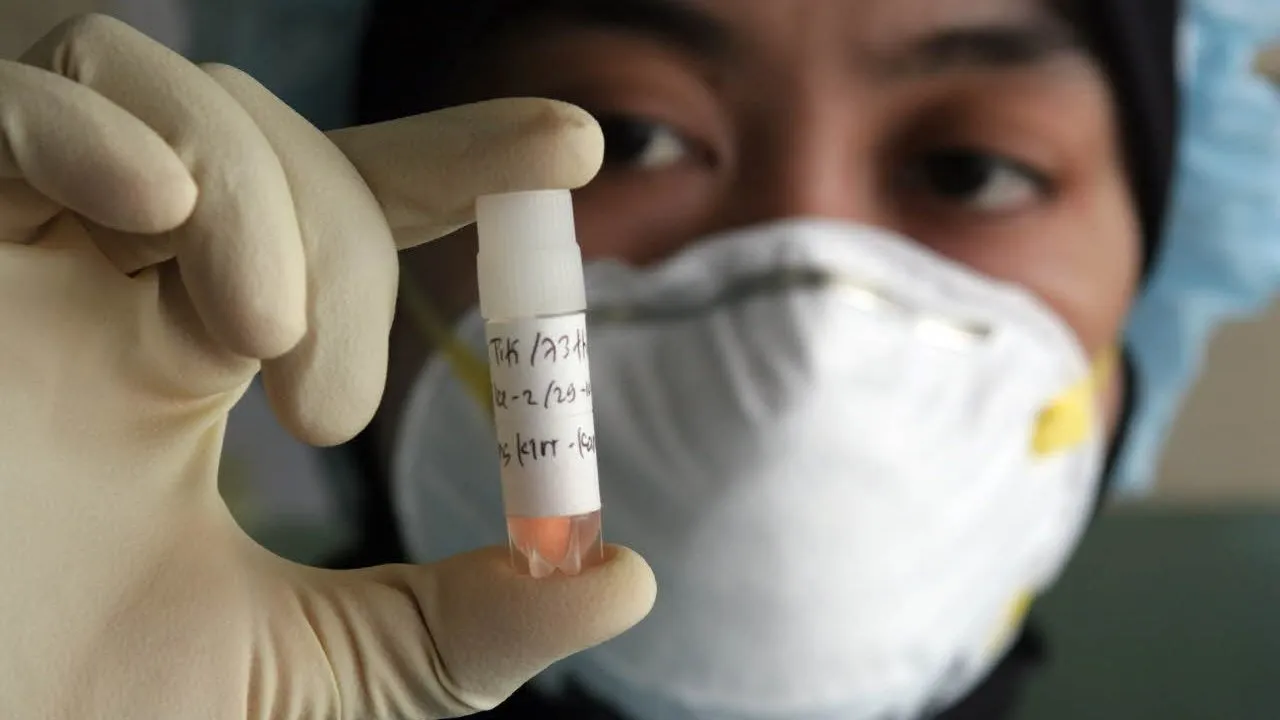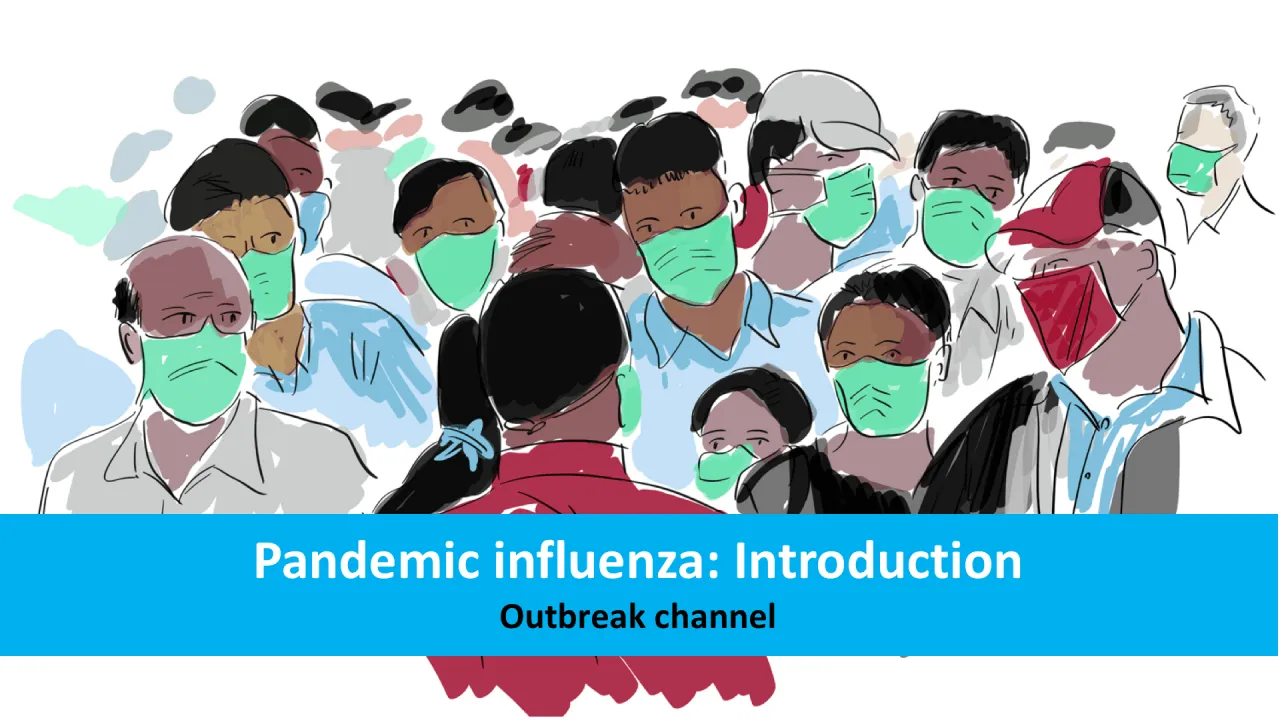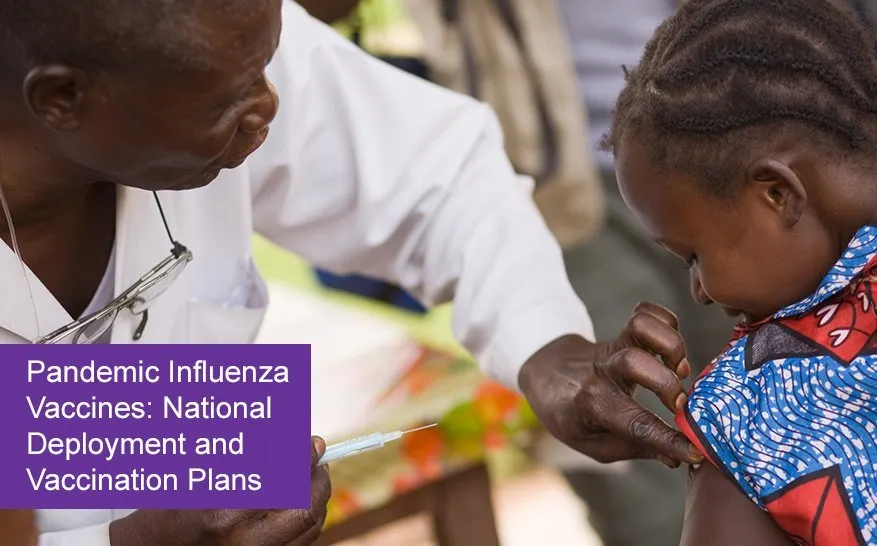
Ebola: Essential Knowledge for Health Professionals 
Health professionals across the world are invited to join this online course to gain essential knowledge about the Ebola virus disease. With the largest outbreak in history still ongoing, new efforts are needed to combat the virus and prevent future outbreaks. This course provides the necessary information to do so. ▼
ADVERTISEMENT
Course Feature
![]() Cost:
Cost:
Free
![]() Provider:
Provider:
Coursera
![]() Certificate:
Certificate:
No Information
![]() Language:
Language:
English
![]() Start Date:
Start Date:
31st Jul, 2023
Course Overview
❗The content presented here is sourced directly from Coursera platform. For comprehensive course details, including enrollment information, simply click on the 'Go to class' link on our website.
Updated in [March 06th, 2023]
This online course, titled "Ebola: Essential Knowledge for Health Professionals," is designed to provide health professionals with the fundamental knowledge necessary to understand and respond to the Ebola virus disease. Participants will learn about the epidemiology, pathophysiology, transmission, clinical presentation, differential diagnosis, and confirmation of the disease. Additionally, the course will cover the general therapeutic approach to the care of Ebola suspected or confirmed patients, as well as novel vaccine and drug developments. This course is developed in collaboration with the University of Amsterdam, the University Medical Center Utrecht (Julius Center/Julius Global Health), Elevate Health, Médecins Sans Frontières, and the Lion Heart Foundation.
[Applications]
Upon completion of this course, health professionals are encouraged to apply their knowledge to help combat the Ebola crisis. They can do this by volunteering with organizations such as Médecins Sans Frontières or the Lion Heart Foundation, or by providing support to local health care systems in affected areas. Health professionals can also use their knowledge to help educate their communities about the disease and how to prevent its spread.
[Career Paths]
1. Infectious Disease Physician: Infectious disease physicians specialize in the diagnosis and treatment of infectious diseases, such as Ebola. They are responsible for providing medical care to patients with infectious diseases, as well as conducting research and educating the public about the prevention and control of infectious diseases. The demand for infectious disease physicians is expected to increase due to the increasing prevalence of infectious diseases, such as Ebola.
2. Epidemiologist: Epidemiologists are responsible for studying the patterns, causes, and effects of health and disease conditions in defined populations. They use their findings to develop strategies to prevent and control the spread of infectious diseases, such as Ebola. The demand for epidemiologists is expected to increase due to the increasing prevalence of infectious diseases, such as Ebola.
3. Public Health Educator: Public health educators are responsible for educating the public about the prevention and control of infectious diseases, such as Ebola. They are also responsible for developing and implementing health education programs and materials. The demand for public health educators is expected to increase due to the increasing prevalence of infectious diseases, such as Ebola.
4. Disaster Response Coordinator: Disaster response coordinators are responsible for coordinating the response to disasters, such as the Ebola outbreak. They are responsible for developing and implementing plans to respond to disasters, as well as coordinating the efforts of multiple organizations and agencies. The demand for disaster response coordinators is expected to increase due to the increasing prevalence of disasters, such as the Ebola outbreak.
[Education Paths]
1. Bachelor of Science in Public Health: This degree path focuses on the prevention and control of diseases, injuries, and other health conditions in populations. It provides students with the knowledge and skills to understand and address public health issues, such as the Ebola virus. Developing trends in this field include the use of data analytics and technology to improve public health outcomes.
2. Master of Science in Infectious Disease: This degree path focuses on the study of infectious diseases, including the Ebola virus. Students will learn about the epidemiology, pathogenesis, diagnosis, and treatment of infectious diseases. Developing trends in this field include the use of genomics and bioinformatics to better understand and combat infectious diseases.
3. Doctor of Nursing Practice: This degree path focuses on the advanced practice of nursing, including the care of patients with infectious diseases such as Ebola. Students will learn about the diagnosis, treatment, and management of infectious diseases. Developing trends in this field include the use of telemedicine and virtual care to improve access to care for patients with infectious diseases.
4. Master of Public Health in Global Health: This degree path focuses on the study of global health issues, including the Ebola virus. Students will learn about the epidemiology, pathogenesis, diagnosis, and treatment of infectious diseases in a global context. Developing trends in this field include the use of technology and data analytics to improve global health outcomes.
Pros & Cons

Comprehensive information

Wellrounded approach

Free of charge

Wider range of formation

Clear explanations

Informative to healthcare giver

Collaboration with MSF

No certificate at the end

Still scary
Course Provider

Provider Coursera's Stats at AZClass
Health professionals from around the world are invited to participate in Ebola: Essential Knowledge for Health Professionals to gain basic knowledge about Ebola virus disease. As the largest outbreak in history continues, new efforts are needed to fight the virus and prevent future outbreaks. You will learn about the epidemiology of Ebola virus including its transmission, clinical manifestations and differential diagnosis, learn about the pathophysiology of the virus and its effects on the body, learn about the general treatment of patients with suspected or confirmed Ebola, and new vaccines and drug development.
Discussion and Reviews
0.0 (Based on 0 reviews)
Explore Similar Online Courses

Literature and Mental Health: Reading for Wellbeing

Cloud Computing Concepts: Part 2

Python for Informatics: Exploring Information

Social Network Analysis

Introduction to Systematic Review and Meta-Analysis

The Analytics Edge

DCO042 - Python For Informatics

Causal Diagrams: Draw Your Assumptions Before Your Conclusions

Whole genome sequencing of bacterial genomes - tools and applications

Pandemic and epidemic-prone diseases

Pandemic influenza: Introduction

Pandemic Influenza Vaccines: National Deployment and Vaccination Plans
 Related Categories
Related Categories
 Popular Providers
Popular Providers
Quiz
 Submitted Sucessfully
Submitted Sucessfully
1. What is the main focus of this course?
2. Which organizations are involved in the development of this course?
3. What is the main purpose of this course?
4. What is the name of the organization that collaborated with the University of Amsterdam to develop this course?
Correct Answer: Médecins Sans Frontières


Start your review of Ebola: Essential Knowledge for Health Professionals